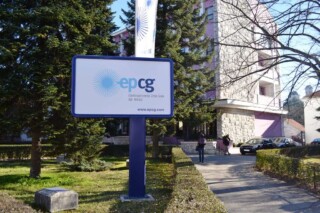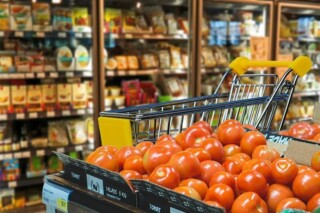Professor Herman Erlich from the Bergakademie Freiberg in Germany, says that Montenegro has enormous potentials for the production of natural anti-viral and anti-bacterial medicine which can be produced from “golden sponge” and is considered to be efficient for treatment of COVID-19.
Answering the question if substances of sponges can be used in treating patients positive for coronavirus, Dr Erlich says they can.
Dr Erlich claims that sponges with exceptional capability of defending from viruses and bacteria live in the Adriatic.
He points out there’s a reservoir where the sponge is grown artificially in a submarine parcel.
Scientists from Dresden study sponge’s resistance to all biological causes of the disease.
Professor Herman Erlich explains that this sponge is not very “picky” when it comes to food, but eats anything water brings.
The sponge kills viruses and bacteria without problem, although it hasn’t got immune system. Even when it gets hurt, the sponge prevents viruses and bacteria entering his open wound, by provoking chemical reaction creating altered amino acids – bormiotrocins.
“Despite their extraordinary biological activities. Limited supply from natural sources has prevented development of the cure based on untouched secondary metabolites from the sponge. The main scientific interest for Verongiida sponge lies in their bio-active bromothyrosines and its derivatives”, Dr Erlich says.
He reminds that organic sources must often be collected in huge amounts to provide necessary quantity for industry.
“Breeding sea sponges could be a relevant alternative in the economic context, provided that organisms are exposed to favorable breeding process”, Dr Erlich points out.
Recently a group of professors of Dr Erlich gas achieved very optimistic results in cooperation with the Institute for Sea Biology in Kotor, working on the first joint pilot project in the Bay of Kotor for breeding Aplysina aerophoba and Aplysina cavernicola sponges.
“The advantage of Aplysina aerophoba is the fact that this sponge doesn’t have to be collected large quantities for the required amount for industry. According to the data published recently, 15 kg of dried sponges will be collected from 10 square meters for the isolation of 99 grams of isofistularin”, Dr Erlich says.
Similar quantities of Verongiida sponges should exist in the sea areas across Albania and Croatia.




